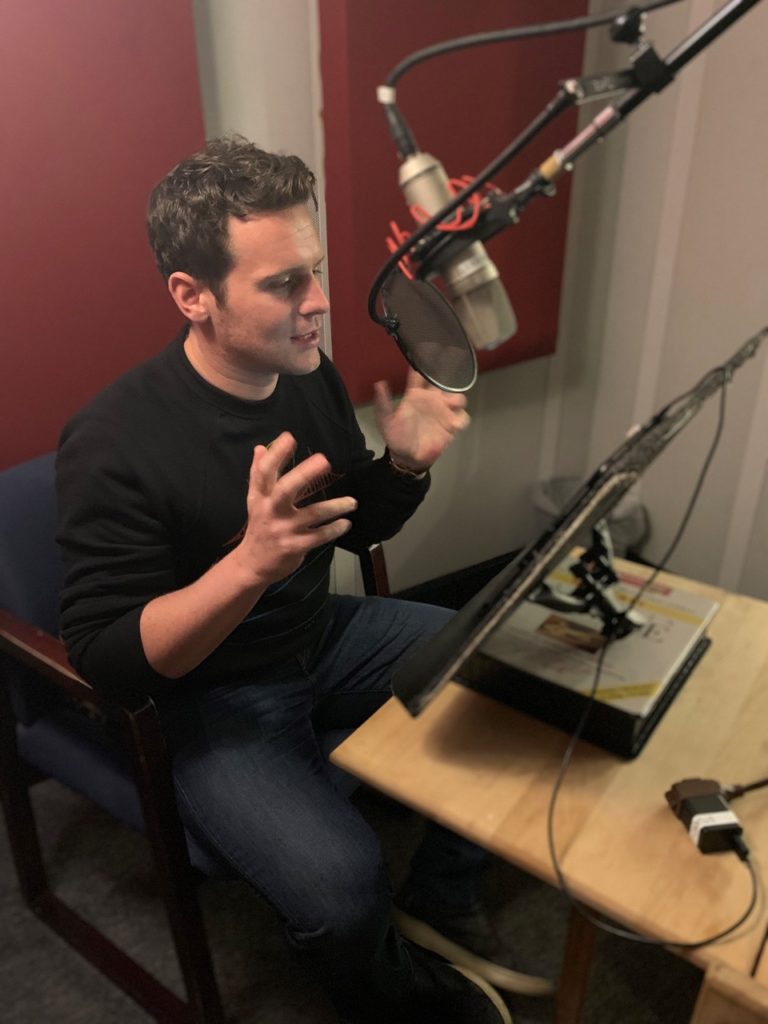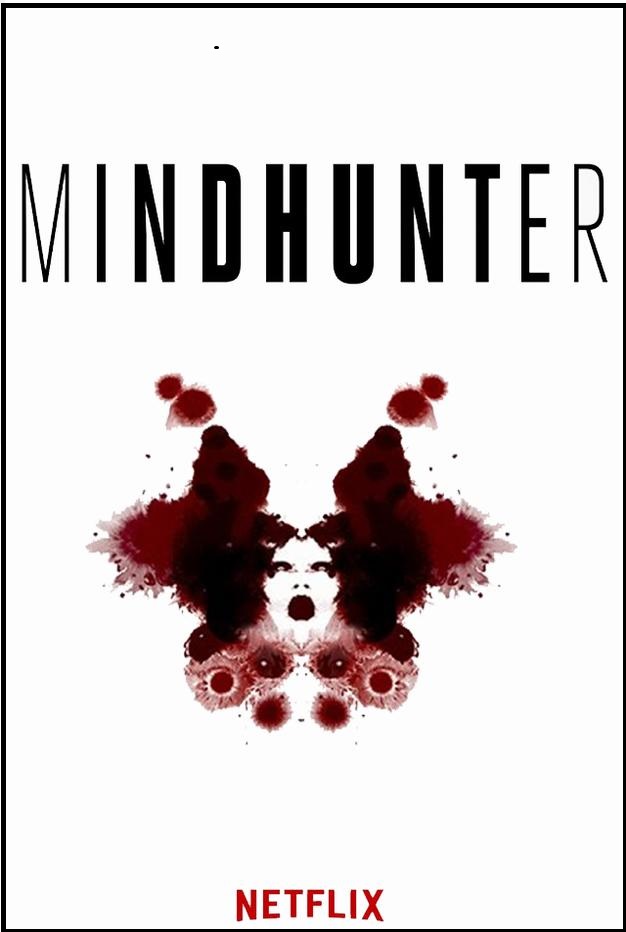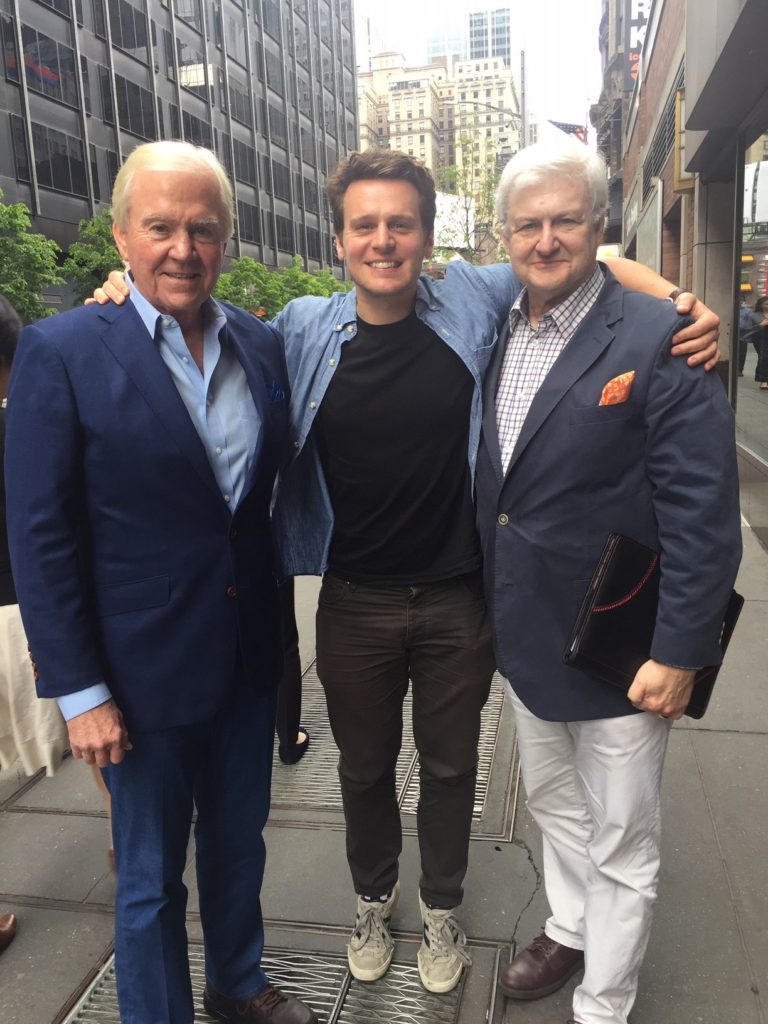Today is the official publication date of Amanda Knox’s memoir, Waiting to be Heard. Our readers know we devoted considerable attention and space in our current book, Law & Disorder, to analysis and interpretation of the investigation and trial of Ms. Knox in Perugia, Italy, for the brutal murder of her flatmate, British college student Meredith Kercher. Perusing the Amazon.com page on Amanda’s book, I was reminded once again why her case remains so important.
The reviews so far are mainly favorable – five-stars as John and I have also been fortunate enough to garner. But there are also a cluster of one-star ratings and there is a commonality to the critique in each of them: The book was nothing but lies because she and her then boyfriend Raffaele Sollecito really had killed Meredith.
That, in a nutshell, is why the case remains important. Anyone who has studied the evidence – behavioral and forensic – as John and I have, cannot possibly come to the conclusion that Amanda and Raffaele are guilty, and that goes for Prosecutor Giuliano Mignini, the original trial judge and jury that convicted them, the high Court of Cassation in Rome that recently overturned the appeals court’s reversal, and such American prognosticators as attorney and Harvard Law School Professor Alan Dershowitz, who recently proclaimed that if she is retried, she “likely will be found guilty — because the evidence supporting a conviction is pretty strong.”
Where are you getting your information, professor?
It is not my intention here to lay out the entire case for Amanda and Raffaele’s innocence. John and I have done that in Law & Disorder, a previous post on this website, and in numerous public statements and interviews each of us has given. I am merely responding to the many who steadfastly cling to unsupportable claims and biases.
If ordinary Amazon reviewers, all the way up to one of the most prominent legal minds in the country, are saying things like this, then they are simply not being guided by evidence or they are shooting their mouths off without bothering to be informed about the case.
The image of Amanda as a sex-crazed killer is a complete fabrication of the prosecutor and a world media with its tongue hanging out for a good story – a story better than the truth. And as long as the public keeps falling prey to this kind of hype and propaganda, then we are doomed to keep repeating it, just as happened in the JonBenet Ramsey murder case that we also cover in Law & Disorder. John Douglas and I still come across individuals – former FBI agents among them – who insist parents John and Patricia Ramsey must have been guilty. And the only response we can give them at this point is a sigh and a strong suggestion that they ignore the hype and look at the evidence.
It’s bad enough when uninformed readers and viewers fall for the media line without examining what really happened. It’s even worse when Italian investigators and jurists and trusted voices like Mr. Dershowitz make foolish and unsupportable proclamations.
It’s enough to make all of us forsake truth and turn to fiction. And in this case, the fiction I turn to is Charles Dickens’ immortal novel, Oliver Twist. In Chapter 51, the caretaker of the orphanage in which we first see Oliver, replies to the solicitor questioning him:
“If the law supposes that,” said Mr. Bumble, squeezing his hat emphatically in both hands, “the law is a ass- a idiot.”
Sometimes that’s the only way to explain it.




























Amanda won a mega witch hunt lottery. If the police had demonstrated a shred of professionalism by waiting until the crime scene analysis had come back before announcing to the world Caso chuiso (case closed), this would have been seen as the straightforward resident surprises burglar murder that it was.
Tabloids would not have made a fortune, and persecutors would not have had the pleasure centers of their brains so stimulated.
Well said, Tom. I’m sure if you asked Amanda, the only word she’d quibble with is “won,” and this is one of those instances in which we might say the media won and the rest of us who reverse justice lost.
Yes, I should have put won in quotation marks.
Of course I meant to say, “revere justice.” Perhaps a Freudian example of how easily things can turn around.